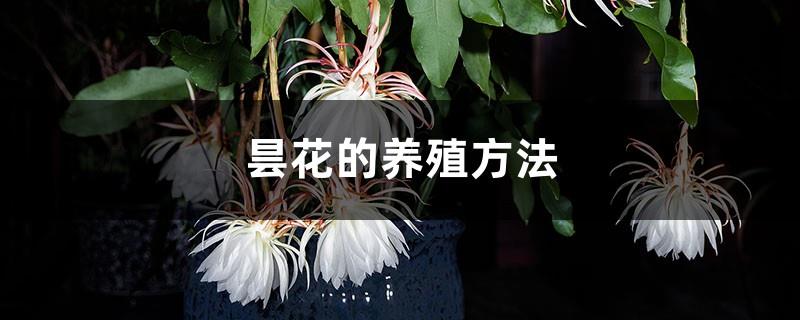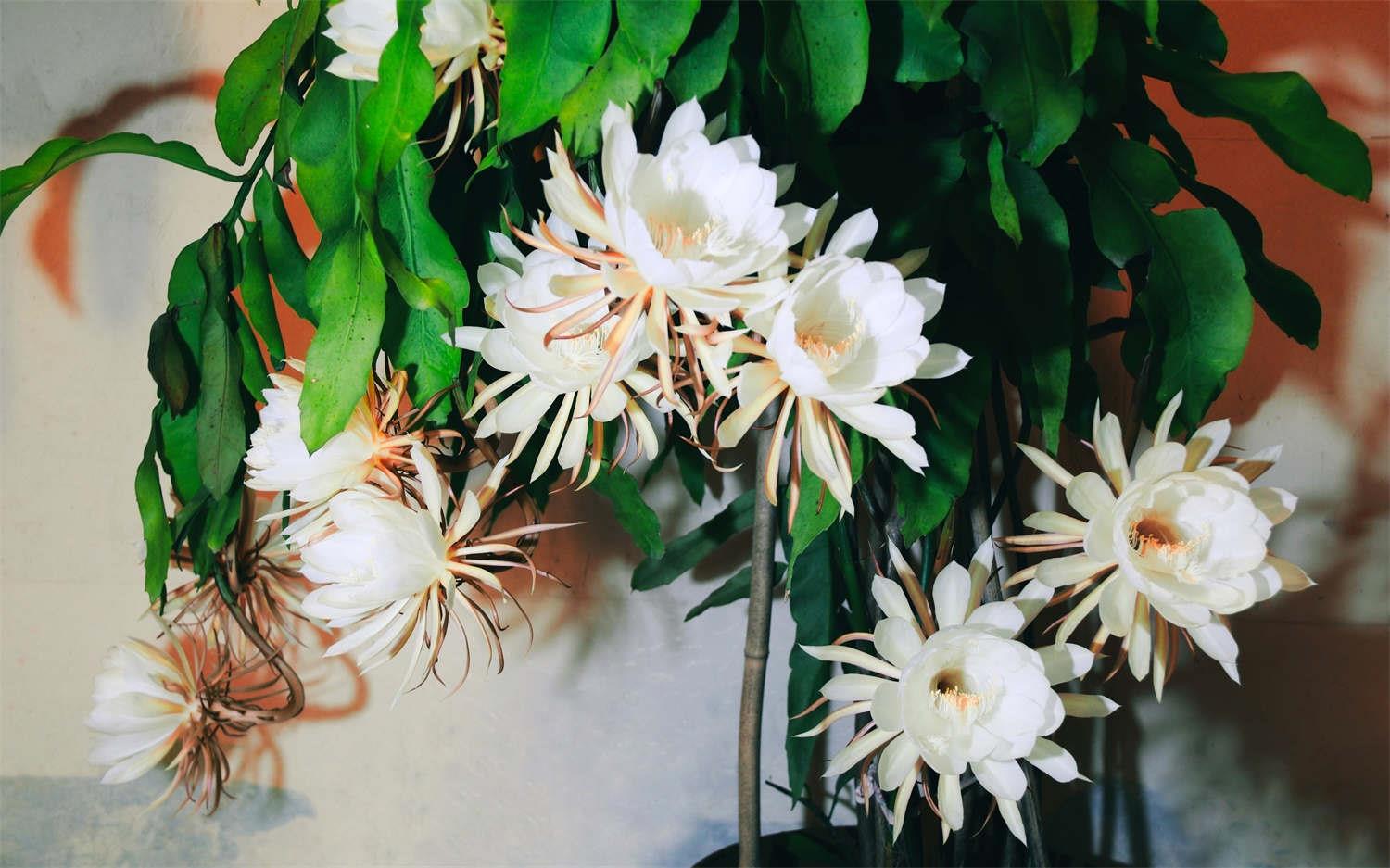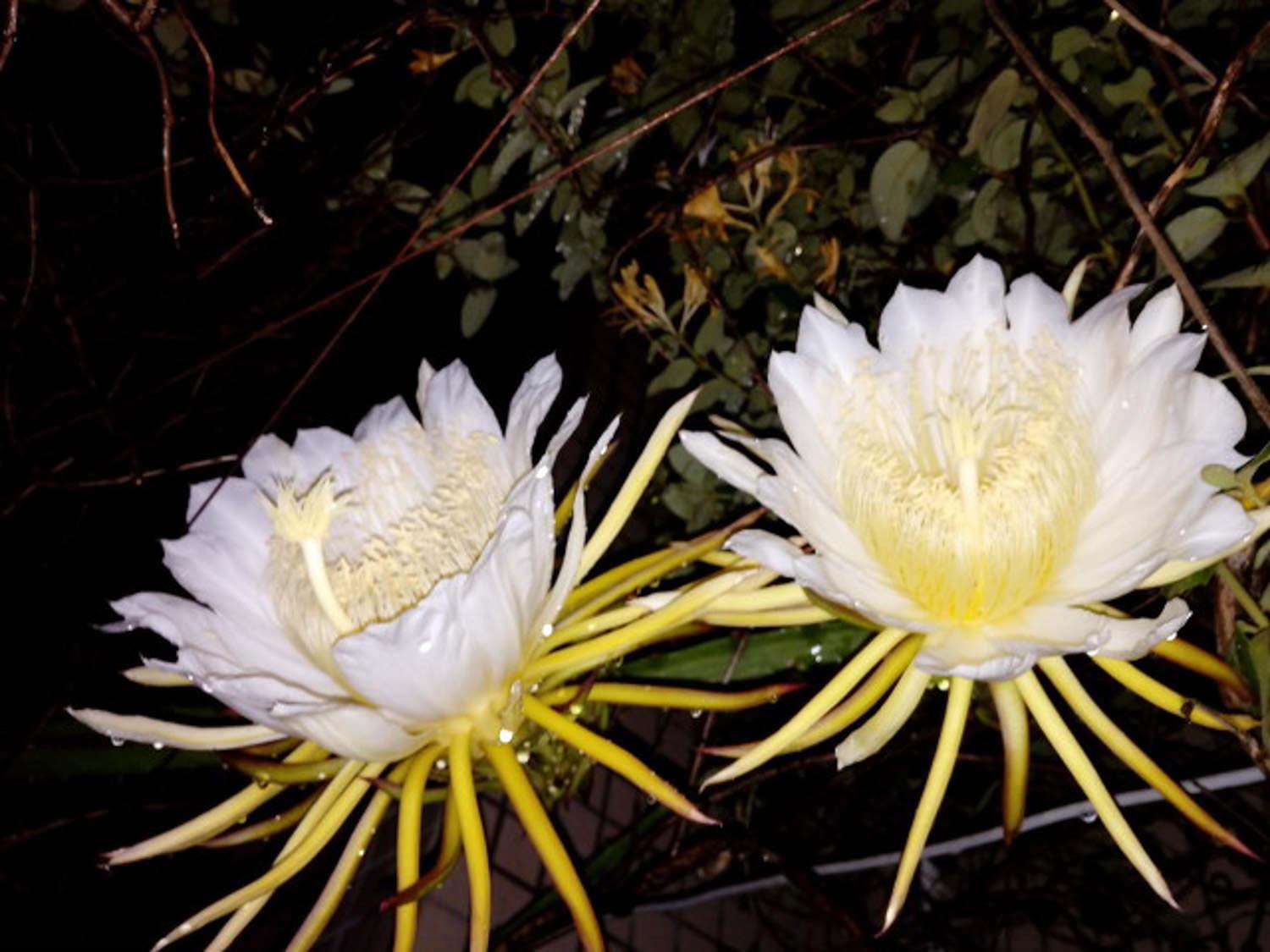How to grow epiphyllum
Last Update :2024.06.13
Article Catalog
Temperature: Likes warm growing conditions, the best growing temperature is 15-25℃. Moisture: Keep the soil moist and free of water; spray water once in the morning and evening in summer, and keep the soil from drying out in winter. Fertilization: Apply more nitrogen fertilizer during the growing season and more phosphorus fertilizer before flowering. Lighting: semi-shade, need shading in summer and sufficient light in winter.

1. Temperature
1. Temperature
Epiphyllum prefers warm growth conditions, and the optimal growth temperature is 15-25°C. In summer, it needs to be placed in a relatively cool place and the temperature around it should be lowered. In winter, the temperature needs to be adjusted to between 10-12°C.

2. Moisture
It likes Conditions that are relatively humid but without standing water. In summer, you can spray water once every morning and evening to increase humidity. In winter, you need to reduce the frequency and frequency of watering to ensure that the soil does not become too dry.
3. Fertilization
During the growth period, it has a relatively large demand for fertilizers, so it is necessary to increase the frequency of fertilization, preferably once every half a month. Fertilizer should be mainly nitrogen fertilizer, so that its branches and leaves can grow quickly. It is necessary to add phosphorus fertilizer once during the flowering period, which can help its flowers bloom better.

4. Light
It likes In semi-shaded growing conditions, it cannot be exposed to direct sunlight for a long time. Especially in summer when the light is relatively strong, measures must be taken to shade it. In addition, it cannot grow in too shady places. In winter, it needs to be placed in a sunny place to meet its growth needs.
5. Soil
It likes soil with better drainage conditions and higher nutrient content. It can be prepared using a mixture of humus soil and sand.

2. Moisture
3. Fertilization
4. Lighting
5. Soil
- END -
The Difference Between Coriander and Mint

Different plant types: Cilantro has a small plant type, with a plant height of abo...
How to identify black and purple sunflowers

Leaves: The leaves of black and purple sunflowers are opposite, sometimes the uppe...